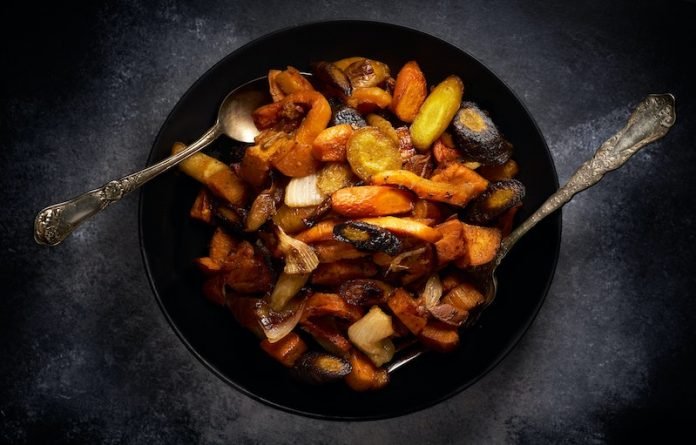
In a study from the University of California, Irvine, scientists found that treatment with an extract from the roots of the Rhodiola rosea plant may help control type 2 diabetes, showing promise as a safe and effective non-pharmaceutical alternative.
They found that in a mouse model of human type 2 diabetes, Rhodiola rosea lowered fasting blood sugar levels, improved response to insulin injections, modulated the composition of bacteria in the gastrointestinal tract, and decreased several biomarkers of inflammation.
In the study, the team used a genetically engineered mouse model that develops obesity, insulin resistance, and high blood sugar, similar to advanced human type 2 diabetes, to test whether Rhodiola rosea could improve glucose homeostasis.
Male and female mice were assigned to one of two groups: control, which received water, or experimental, which received Rhodiola rosea extract.
The findings suggest that Rhodiola rosea might be beneficial for treating type 2 diabetes, acting through changes in the microbiome that result in increased gut barrier integrity and decreased translocation of inflammatory molecules into the blood circulation.
Gut barrier integrity influences body weight and insulin response, and this botanical product may improve the responses of liver and muscle tissues to the insulin produced by the pancreas.
The team says the prevalence of type 2 diabetes and the associated health costs have risen steadily in recent decades.
Humans have used plants and natural products for thousands of years to treat diseases, and this study shows Rhodiola rosea is a good candidate for further research.
Current treatment recommendations include lifestyle changes as well as oral and intravenous medications. However, these drugs have significant limitations or side effects, increasing the need for new therapeutic interventions.
The team’s next steps are to perform a larger follow-up study in a different mouse model of obesity-induced diabetes to confirm these findings and to investigate the molecular mechanisms involved.
Ultimately, they hope to conduct Rhodiola rosea clinical trials in patients with type 2 diabetes.
If you care about diabetes, please read studies about the root cause of type 2 diabetes, and how to reverse it.
For more information about diabetes, please see recent studies about vegetables that may reduce diabetes-related kidney damage, and results showing a new way to reduce diabetes-related eye disease.
The study was conducted by Dr. Mahtab Jafari et al and published in Scientific Reports.
Copyright © 2022 Knowridge Science Report. All rights reserved.



